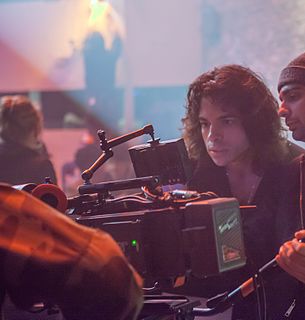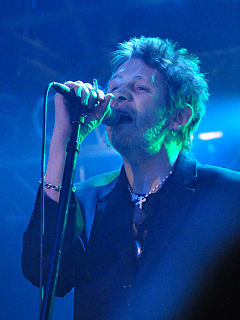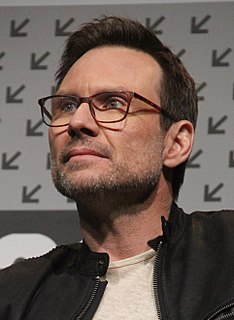A Quote by Seal
There is so much a man can tell you,So much he can say.You remain, my power, my pleasure, my pain
Related Quotes
My history of moving away from drugs is not the kind you hear from most people. Certainly not from celebrities, especially those professionally recovering people. What I've noticed in my overuse of cocaine is the period of pleasure versus the period of pain. That is to say that when you first get high on anything, the pleasure is predominant and you don't pay much price. A little hangover or whatever it might be with another drug. But after a while the ratio begins to change, and there' s far more pain in the deal than pleasure. It just completely goes in another direction.
You know the pain is part of the whole thing. And it isn’t that you can say afterwards the pleasure was greater than the pain and that’s why you would do it again. That has nothing to do with it. You can’t measure it, because the pain comes after and it lasts longer. So the question really is, Why doesn’t that pain make you say, I won’t do it again? When the pain is so bad that you have to say that, but you don’t.
Do you think you can love too much? Or experience too much beauty, at the cost of too much pain? Do you think when art is defined by expressing so much beauty and so much pain, just to be able to cope with both - and bring other people something creatively beautiful at the cost of that pain - that we can draw a line of 'normalcy'? It's important to think about.
Pleasure is not the goal of man, but knowledge. Pleasure and happiness comes to an end. It is a mistake to suppose that pleasure is the goal. The cause of all the miseries we have in the world is that men foolishly think pleasure to be the ideal to strive for. After a time man finds that it is not happiness, but knowledge, towards which he is going, and that both pleasure and pain are great teachers.
Read from a distant star, the majuscule script of our earthly existence would perhaps lead to the conclusion that the earth was the distinctively ascetic planet, a nook of disgruntled, arrogant creatures filled with a profound disgust with themselves, at the earth, at all life, who inflict as much pain on themselves as they possibly can out of pleasure in inflicting pain which is probably their only pleasure.
Some directors don't say much. Michael Mann, for example. I remember on 'The Insider' he never had much to say. He would do a scene, just kind of nod, and then set it up to do it again. And you might do a scene 10 or 12 times or more, the same little 31-second bit. And you could tell he wasn't satisfied, but he wouldn't say much.



































